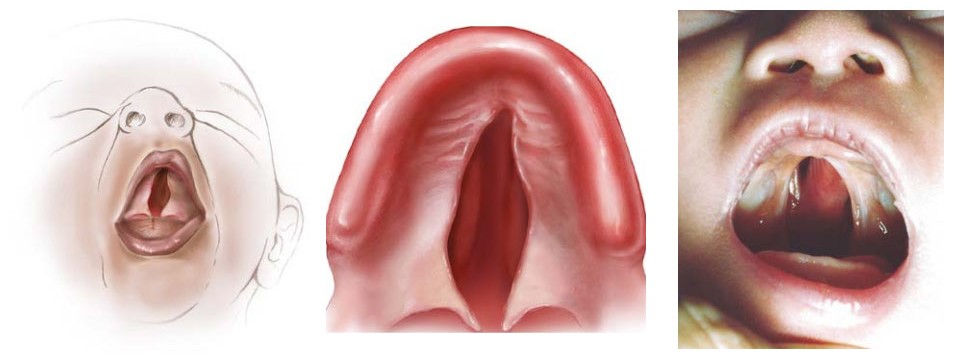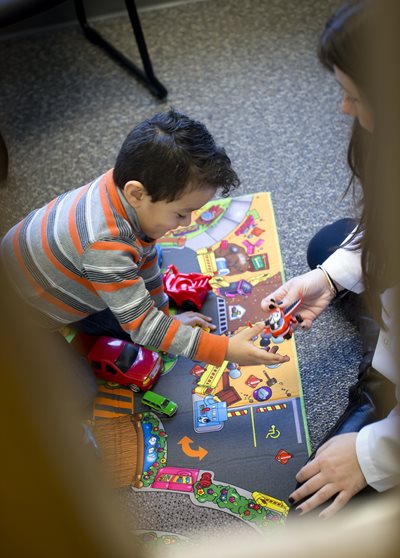Speech-Language Therapy for Children With Cleft Palate
According to the Centers for Disease Control (CDC), in the United States, about one in every 1,700 babies are born with a cleft palate. Children born with this condition can face a variety of challenges including feeding and speech difficulties. Speech-language therapy plays a vital role in addressing the unique communication challenges faced by children with this condition.
Speech-language pathologists (SLPs) at the Speech-Language Institute (SLI) who specialize in treating these cases are trained to work with individuals to improve their communication skills, focusing on speech production, and language development. For children born with cleft palate, a common congenital condition affecting the structure of the mouth, effective communication can be a significant challenge.
What is Cleft Palate?

A cleft palate occurs when the roof of the mouth does not fully close during fetal development, leading to an opening in the upper part of the mouth. For some babies, both the front and back parts of the palate are open. For other babies, only part of the palate is open. This condition can significantly affect a child's ability to speak and articulate sounds properly, resulting in speech difficulties, such as nasal-sounding speech, articulation errors, and resonance problems.
How does speech-language therapy help a child born with cleft palate?
 Speech-language pathologists (SLPs) who work with children born with cleft palate are trained to recognize and treat specific problems caused by this condition. A child born with cleft palate may need speech-language therapy to help with problems in the areas of speech, voice and eating/swallowing.
Speech-language pathologists (SLPs) who work with children born with cleft palate are trained to recognize and treat specific problems caused by this condition. A child born with cleft palate may need speech-language therapy to help with problems in the areas of speech, voice and eating/swallowing.
The success of speech-language therapy for children with cleft palate is reliant on collaborative efforts. Families, SLPs, and other healthcare professionals work together to create a comprehensive treatment plan that meets the unique needs of each child.
Regular communication, support, and a nurturing environment at home and in therapeutic settings play a pivotal role in ensuring the best possible outcomes.
Speech-language pathologists (SLP) provide therapy to treat the feeding, swallowing and speech difficulties that can occur in children with orofacial clefts. For example, some children may have trouble pronouncing certain sounds or consonants. The SLI of Salus University offers assessments and individualized treatment plans that can help children overcome these obstacles and improve their communication. For more information on SLI’s services or to schedule an appointment, call 215.780.3150.